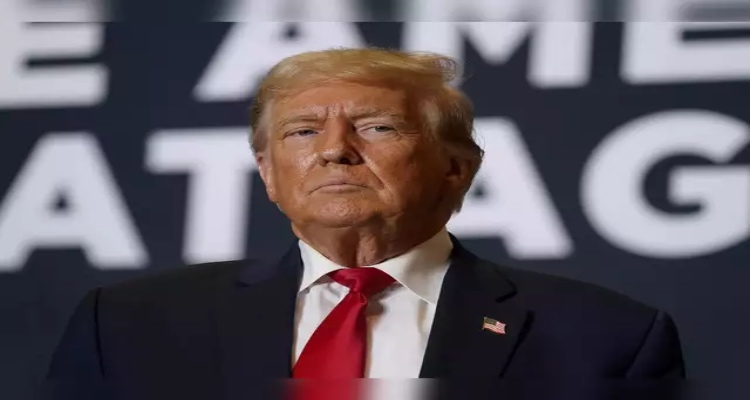
The US Supreme Court has rejected a request by special counsel Jack Smith to expedite arguments on whether Donald Trump has immunity from federal prosecution for alleged crimes during his time in office.
The court did not provide an explanation for its decision, and there were no recorded dissents.
This development is a significant setback for Jack Smith, who took an unusual approach by asking the justices to bypass a federal appeals court and promptly address a key issue in his election subversion criminal case against Trump.
Despite the court’s ruling, both parties retain the option to appeal any eventual decision by the DC Circuit Court of Appeals to the Supreme Court.
Nonetheless, this decision represents a notable win for Trump, whose strategy involved prolonging the legal battle over the immunity question before proceeding to trial.
The DC Circuit is already conducting an expedited review of the matter, scheduling oral arguments for January 9, while the election subversion trial is currently slated to commence in March.
University of Texas School of Law Professor Steve Vladeck remarked, “The real question is what happens then. Assuming the court of appeals rejects Trump’s claim, will it keep the trial on hold pending further review from the Supreme Court, or will it allow the trial to go forward and force Trump to seek a stay from the Supreme Court? It’s still possible that the trial begins on March 4, but the Supreme Court’s apparent willingness to let the D.C. Circuit go first makes it at least somewhat – and perhaps significantly – less likely.”
In response to the court’s decision, Trump’s attorneys argued against expediting the case, contending that the special counsel was rushing to decide issues without due consideration. They emphasized the need for caution given the political nature of the case.
Earlier this month, Trump’s legal team had requested the appeals court to review the immunity ruling by District Judge Tanya Chutkan, who had rejected arguments that the indictment should be dismissed based on Trump’s official capacity as president.
Chutkan had paused procedural deadlines in the case pending the appeal.
Jack Smith’s team aimed to bypass the appeals court’s review by having the Supreme Court intervene promptly.
In their petition, they asserted, “It is of imperative public importance that respondent’s claims of immunity be resolved by this Court and that respondent’s trial proceed as promptly as possible if his claim of immunity is rejected.”
Jack Smith drew parallels to a Watergate-era case in which the Supreme Court expedited a case involving then-President Richard Nixon’s claims of presidential privilege in a subpoena fight over Oval Office tapes, ultimately rejecting Nixon’s assertions.




